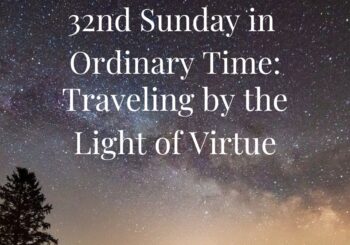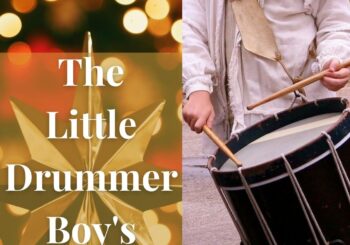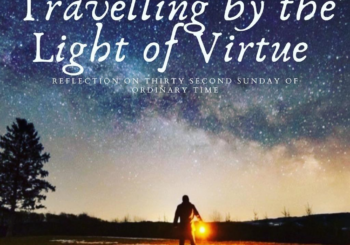
https://youtu.be/0DOIVNoXW60
On this 32nd Sunday of Ordinary Time Jesus teaches us through the parable of the ten virgins. As Tony Crescio explains, through this imagery, Jesus is teaching us the importance of keeping our lives lit with His...
Read More
Read More

